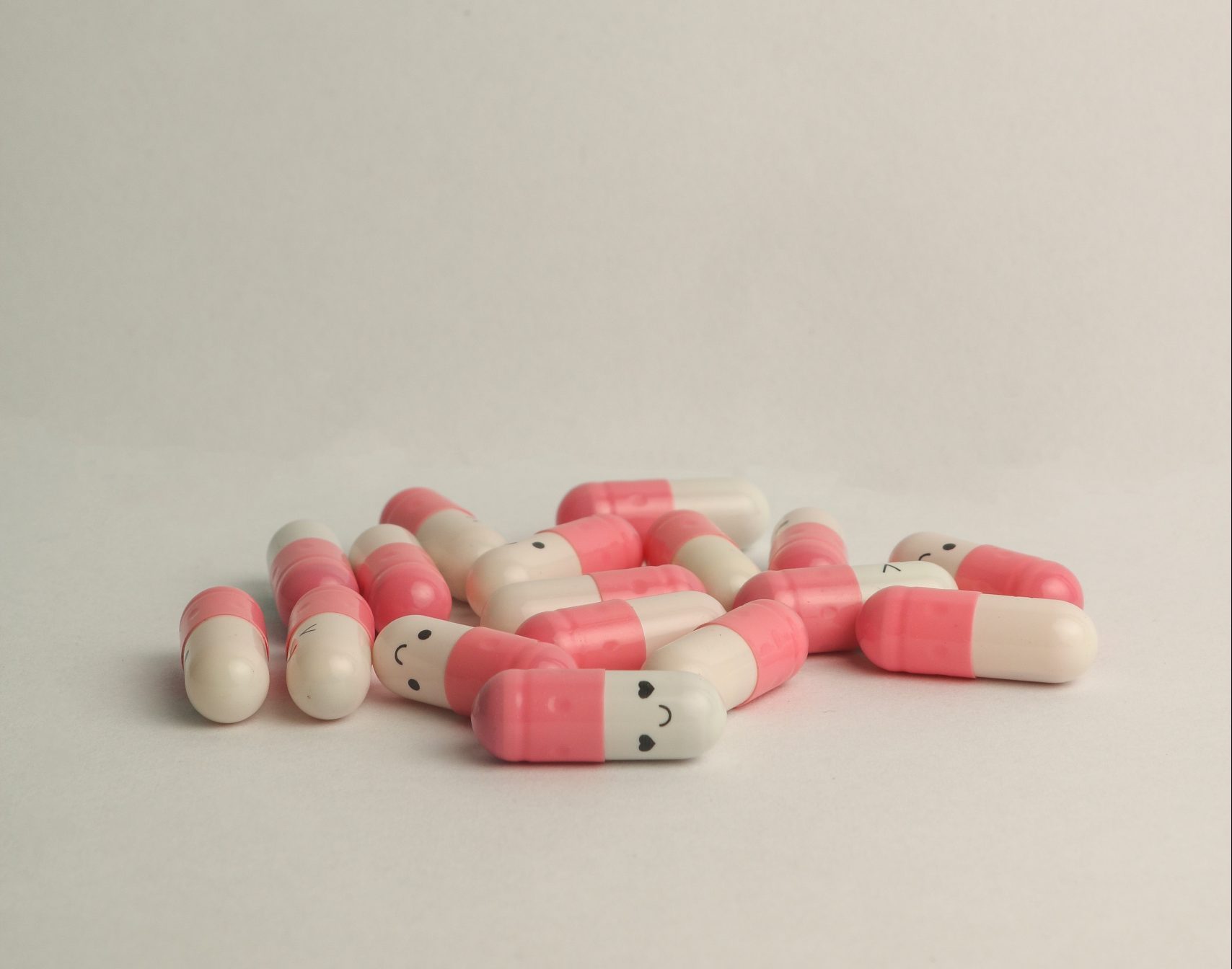A recent study has stirred up controversy by calling into question the real cause of depression, and whether people should be using antidepressants at all. This raises an interesting debate about whether antidepressants are really as effective as they’re made out to be.
The study, published in Molecular Psychiatry in July 2022, concluded that the traditional view that depression is simply caused by a ‘chemical imbalance’ of serotonin (a neurotransmitter involved in regulating mood) in the brain is incorrect. According to the study, 80% of the general public believe that depression is caused by this chemical imbalance, yet the authors found, after compiling data from 17 different studies in an umbrella review, ‘no consistent evidence of there being an association between serotonin and depression’. This supports findings from two systematic reviews conducted in the late 2000s where serotonin levels were artificially lowered in participants but, contrary to what would be expected under the serotonin hypothesis, signs of depression did not develop.
There are many different classes of antidepressant drugs, each generally working to inhibit different receptors and enzymes in the brain4. The most common types of antidepressants prescribed in the UK (for example, Prozac, Cipralex, citalopram) broadly function by raising the concentration of serotonin in the body. But the findings from the review raises questions about the true mechanism underlying these medications, and the potential role of a placebo effect. The authors even went as far as to say, ‘if antidepressants exert their effects as placebos, or by numbing emotions, then it is not clear that they do more good than harm’.
The most common type of antidepressant
The most prescribed class of antidepressants in the UK are called ‘selective serotonin reuptake inhibitors’ (SSRIs). These were first introduced in 1987, and work by preventing the reabsorption of serotonin back into the neurons, thereby increasing the concentration of serotonin in the brain. SSRIs benefit from being more selective—and safe—than other classes of antidepressant (for example, tricyclic antidepressants (TCAs)), causing fewer side effects and are less toxic in overdose.
That is not to say they are not associated to any side effects though. In fact, SSRIs can often cause nausea, diarrhoea, insomnia, among many other symptoms. Given this, it is important to establish whether antidepressants are in fact efficacious for depression compared with placebo.
How well do they actually work?
Research investigating antidepressants broadly conclude that antidepressants of all types are generally effective, with thousands of positive trials over the last 5 decades. But this conclusion is not universal.
Irving Kirsch—Professor Emeritus of Psychology and Associate Director of the Program in Placebo Studies at the Harvard Medical School—has worked extensively on placebo studies, including in the context of antidepressants. In a 2020 review, Kirsch and colleagues stated that ‘based on current evidence, antidepressants seem to offer more harms than benefits’, and that there is ‘no valid evidence showing beneficial effects of antidepressants for depression’. This conclusion was founded on the basis that many of the previous clinical trials were at a high risk of bias, potentially invalidating the findings.
For example, clinical trials are meant to be “blinded”, meaning that the participants of the trial do not know whether they’re receiving the active antidepressant or a placebo, such as a dummy pill. This is key as it prevents participants’ beliefs about the treatment effecting the results. Nonetheless, these trials can often become effectively unblinded, as participants can easily figure out which pill they received based on whether they experience any of the aforementioned side effects. This then negates the benefits of using a placebo in the first place and introduces bias to the research.
Kirsch and colleagues also claim that many of the previous studies show a bias in terms of patient selection in the trials, with the majority of participants being ‘highly selected’, with many high-profile trials containing a large number of participants that would have been excluded in conventional clinical trials. Moreover, an earlier study by Kirsch and colleagues found virtually no difference between the antidepressant group and the placebo group, except for cases of severe depression.
The scientific consensus, however, does not favour this standpoint. Over the last 50 years, thousands of clinical trials have been undertaken which provide compelling evidence for the effectiveness of antidepressants. Large studies of randomised control trials consistently show that antidepressants of all types are 20–30% more effective than placebo, with higher effectiveness in more severe depression. For example, a 2018 meta-analysis testing 21 different antidepressant drugs found all were significantly more effective than placebo.
What other researchers say
Other experts have criticised the recent Molecular Psychiatry paper. Dr Michael Bloomfield (Clinical Research Fellow in Mental Health Neuroscience at University College London) said the findings were ‘unsurprising’ because ‘depression has lots of different symptoms and I don’t think I’ve met any serious scientists or psychiatrists who think that all causes of depression are caused by a simple chemical imbalance in serotonin’.
Professor Philip Cowen (Professor of Psychopharmacology at the University of Oxford) also criticised the authors’ conclusions, stating ‘I was puzzled by the press release which implies that antidepressant drugs could work only by correction of a prior corresponding chemical imbalance. No current theory of antidepressant action derived from either human or animal studies makes this assertion.’
So, it appears that the traditional view of antidepressants simply increasing serotonin in the brain may be incorrect, and the true mechanism of action is likely much more complex. Nonetheless, the majority of clinical trials have consistently provided evidence for antidepressant efficacy, even if we do not fully understand how they work.
Ritter, James, Flower, R. J, Henderson, G, Loke, Yoon Kong, MacEwan, David J., Rang, H. P., & Rang, H. P. (2019). Rang and Dale’s Pharmacology (Ninth ed.). Edinburgh. p. 603–615.





